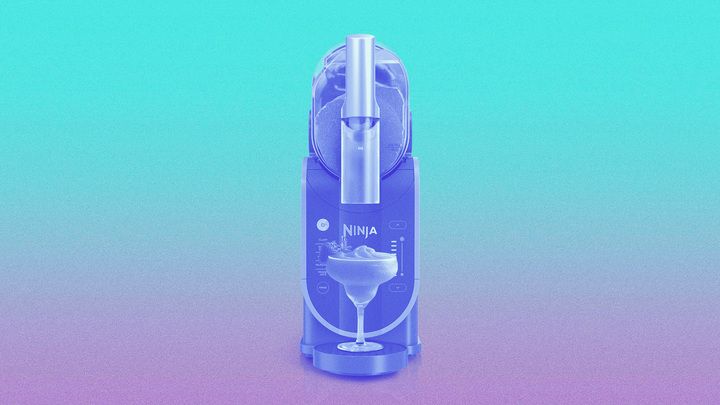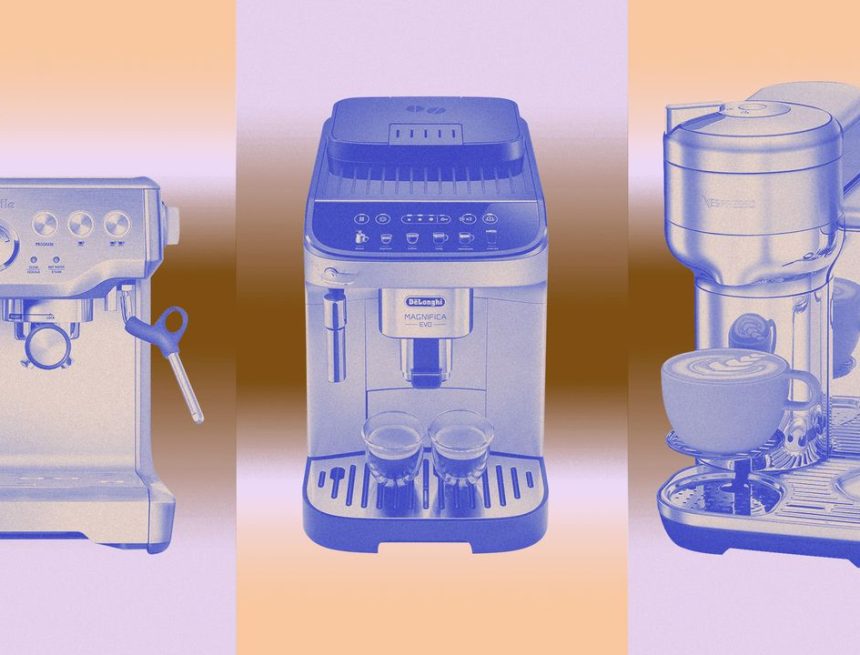He believes the Starbucks campaign has inspired other coffee shops too. “People are seeing us go up against this behemoth of an employer,” he said. “They’re seeing us winning.”
While winning a union inspires other workers, securing a contract generates even more excitement. “It gives a very concrete example of what workers can achieve,” said Sharon Block, executive director of Harvard Law School’s Center for Labor and a Just Economy.
Nearly two years after forming their union, Colectivo workers secured their first contract in mid-2023, notching a 4% raise in the first year and a 2.7% one the following, just cause protections, and paid sick leave. The contract immediately drew the attention of Intelligentsia workers, who had unionized the year before. Just as SPoT workers paid their success forward to Colectivo, “they paid it forward to Intelligentsia,” said John M. Jacobs, business manager and financial secretary at the International Brotherhood of Electrical Workers Local 494, which represents Colectivo workers in Wisconsin.
Colectivo workers have also been able to build on their own success: This May they secured a second contract, which was “a lot easier,” Jacobs said. The new agreement has higher average wage increases, an additional holiday, and new safety training.
Other shops have managed to secure a crucial first contract, including baristas at Blank Street in New York City and Reanimator Coffee in Philadelphia.
Baristas aren’t just unionizing to secure better pay and protections; they want to help customers too. Overstressed baristas don’t have time to clean stores and might space out important things like allergies. “Half of what we’re providing people is humanity and connection,” Dixon said. “Our ability to do that is severely hampered by the incredible limitations put on us by our employer.”
Despite the union election momentum among Starbucks baristas, the company is a major holdout against reaching a contract that improves conditions. There were signs of hope last year, when Starbucks and the union announced a framework and held their first bargaining session last April. But the union alleges that in December the company backtracked on the framework. Workers are demanding that the company return to the bargaining table and address their core demands of better hours and staffing, higher pay, and resolving past allegations of unfair labor practices. They plan to strike on Red Cup Day, one of the company’s busiest days, on November 13 to demand progress toward finalizing a contract.


